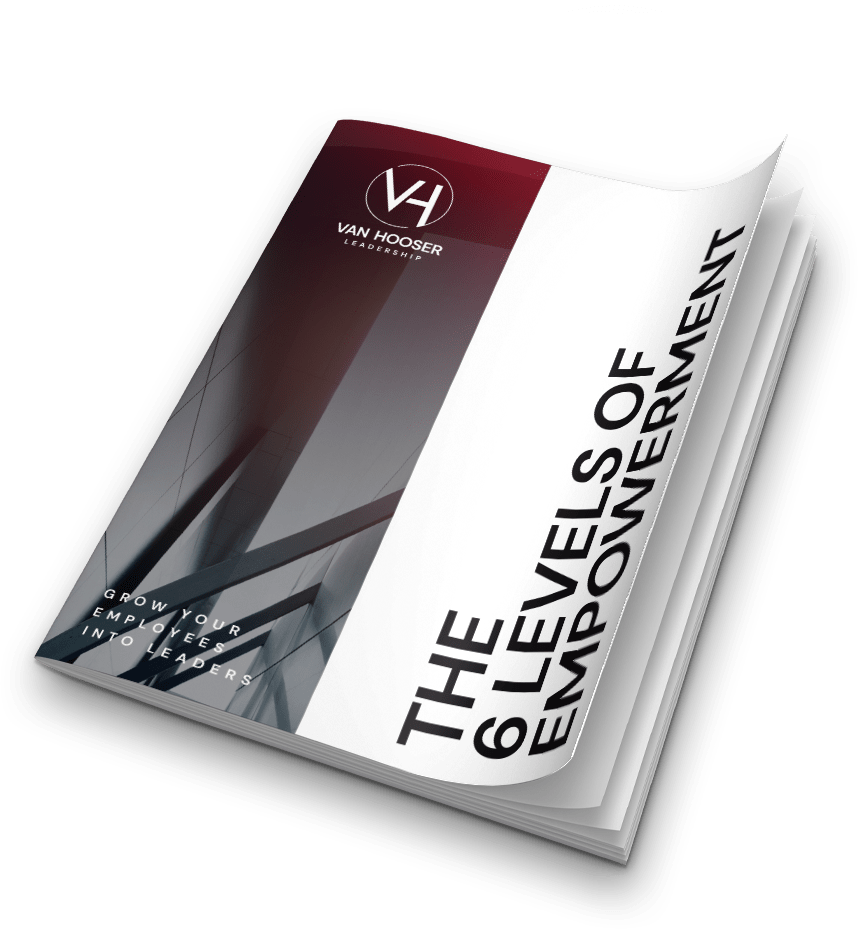There are a lot of people who value professionalism but there aren’t as many who practice professionalism. I often get asked, “Phil, what’s your definition of professionalism?” Even though there are many definitions to consider, how to define professionalism — for me — must focus on practical application. Here’s my definition.
How to Define Professionalism
Professionalism is the advanced level at which isolated individuals perform specific tasks or activities. Let me break that down for just a minute.
1. Work Harder, Go Further
First, “the advanced level…” I often times simply say, that advanced means “good enough is not good enough” for a professional. In other words, when someone says, “that will do” or “that will pass,” a professional realizes there is still more work to do. The “advanced level” is going past what most people would do to what more could or should be done. So the first part of defining professionalism is the advancement of effort — we work harder and we go further.
2. When No One is Watching
Secondly, “the advanced level at which isolated individuals…” We don’t earn or prove our professionalism only in front of a customer or an audience. We earn or prove our professionalism when no one is watching. Is our commitment just as secure when there is no one around as it is when we are trying to impress someone?
3. Best Effort Always
“The advanced level at which isolated individuals perform…” In the end, we all have jobs to perform. Performing is not about a performance as if on stage, but on the other hand, professionals are always on stage. People are always watching us in our workplace, watching us as we interact with customers or with colleagues or even with subordinates. We are always performing and we must perform at our best. We must always put our best effort forward for professionalism to be evident.
(Do you need some help getting your people to give their best effort? Our Secrets to Influential Service & Professionalism training could help — let’s talk.)
4. Committed to Expectations
“The advanced level at which isolated individuals perform specific tasks or activities.” The first thing we must understand is what is expected of professionals. As soon as we understand what is expected, then we must commit ourselves to performing at high levels the tasks and activities assigned to us.
I wrote about “the magic of service professionalism in my customer service book, Willie’s Way: 6 Secrets for Wooing, Wowing and Winning Customers and Their Loyalty.
(For details on a chance to win a Kindle version of Willie’s Way, look here.)
“Magic (defined)… possessing distinctive qualities that produce unaccountable or baffling effects… It’s not based in the ‘woo-ooo-ooo’ realm of the paranormal. It does not depend solely on entertainment or enchantment to yield its positive effects. This definition comes closest to explaining the mysterious, mystifying, almost magnetic effect…service ‘magicians’ have on their customers.”
Seemingly magical effects on relationships with customers, employees, vendors — even family and friends — can be expected when we know how to define professionalism and diligently practice it. Professionalism isn’t magical, and it isn’t hard to define — professionalism is a simple process that is consistently and masterfully applied.
________
#howtodefineprofessionalism #serviceexcellence #workhardergofurther #professionalism #influentialservice #customerservicetips #williesway
You might also like this: Identify High Caliber Future Leaders










